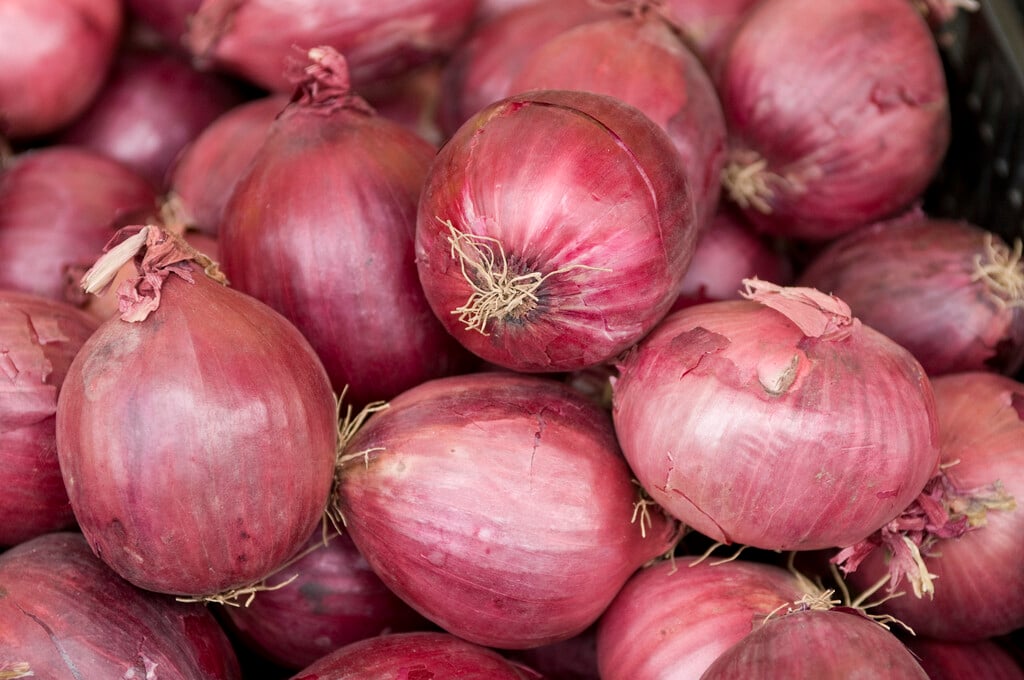Size
Ultimate height
0.1–0.5 metresTime to ultimate height
1 yearUltimate spread
0.1–0.5 metresGrowing conditions
Moisture
Moist but well–drainedpH
Alkaline, NeutralColour & scent
| Stem | Flower | Foliage | Fruit | |
| Spring | Green | |||
|---|---|---|---|---|
| Summer | Green | Brown Red | ||
| Autumn | ||||
| Winter |
Position
- Full sun
Aspect
South–facing or West–facing
Exposure
Sheltered Hardiness
H3Botanical details
- Family
- Amaryllidaceae
- Native to GB / Ireland
- No
- Foliage
- Deciduous
- Habit
- Clump forming
- Genus
Allium are bulbous herbaceous perennials with a strong onion or garlic scent, linear, strap-shaped or cylindrical basal leaves and star-shaped or bell-shaped flowers in an umbel on a leafless stem
- Name status
Accepted
How to grow
Cultivation
Grow in fertile, moisture retentive, but well-drained soil in full sun. Consider liming if the soil is acid, pH below 6.5. Yellowing and toppling of the foliage is a sign that the shallots are reaching maturity. Lift and store in a cool dry place. See How to grow: shallots for further advice
Propagation
Propagate by seed. See sowing vegetable seeds
Pruning
Not required
Pests
May be susceptible to onion fly, leek moth and narcissus eelworm
Diseases
May be susceptible to onion white rot, onion downy mildew, leek rust and onion neck rot. Bolting, producing flowers, may be a problem
Get involved
The RHS is the UK’s gardening charity, helping people and plants to grow - nurturing a healthier, happier world, one person and one plant at a time.
